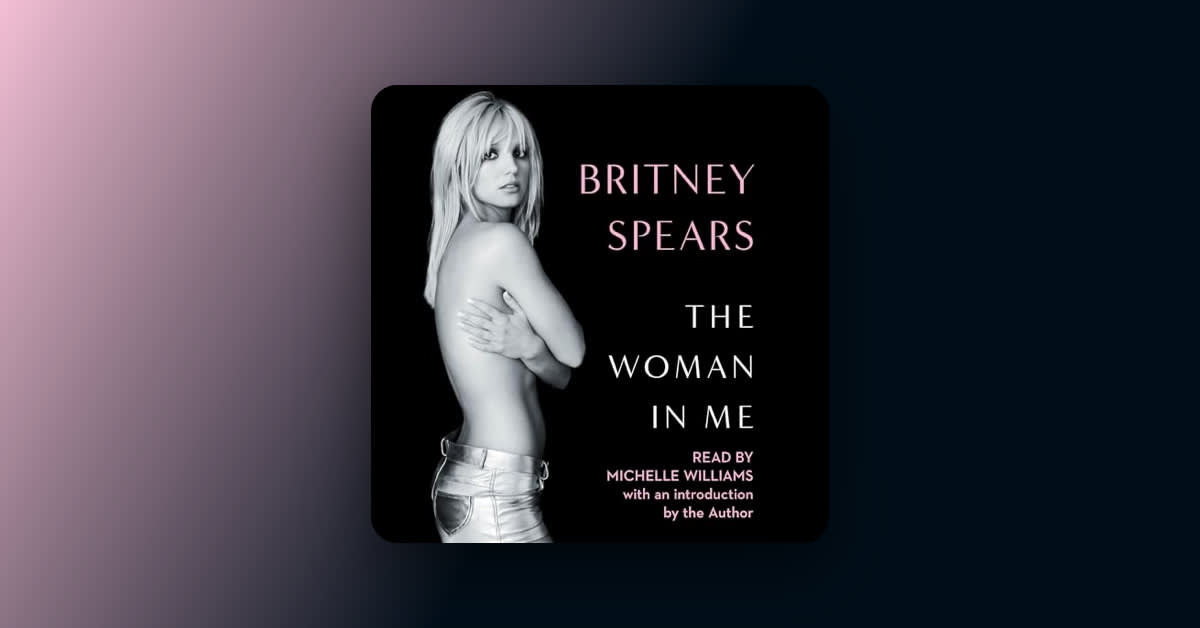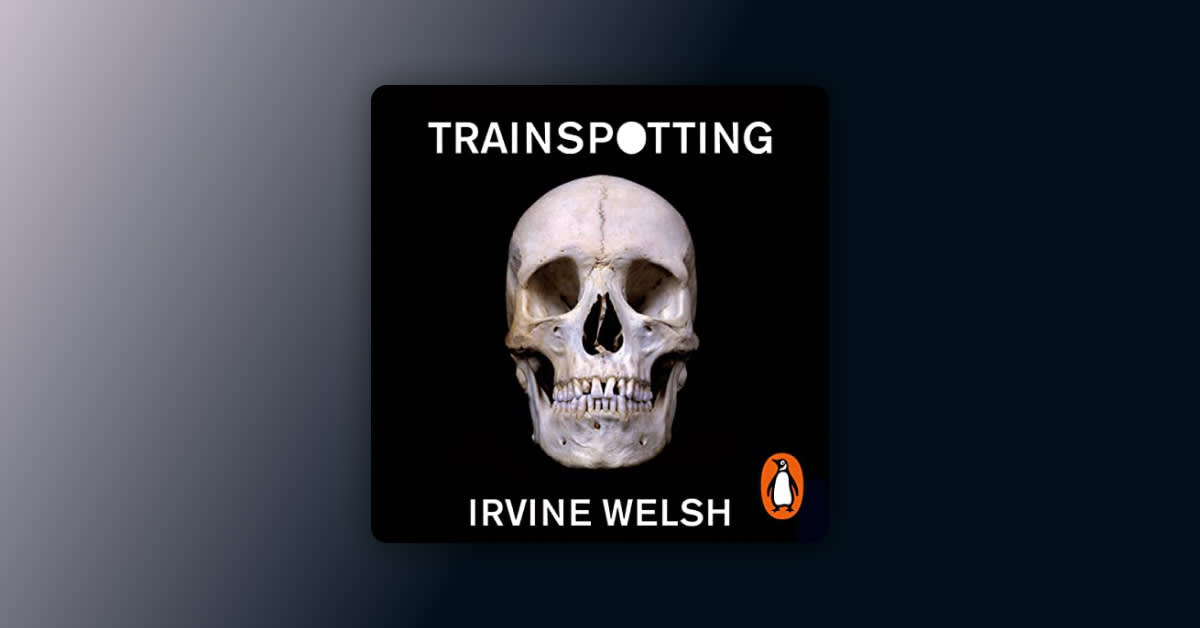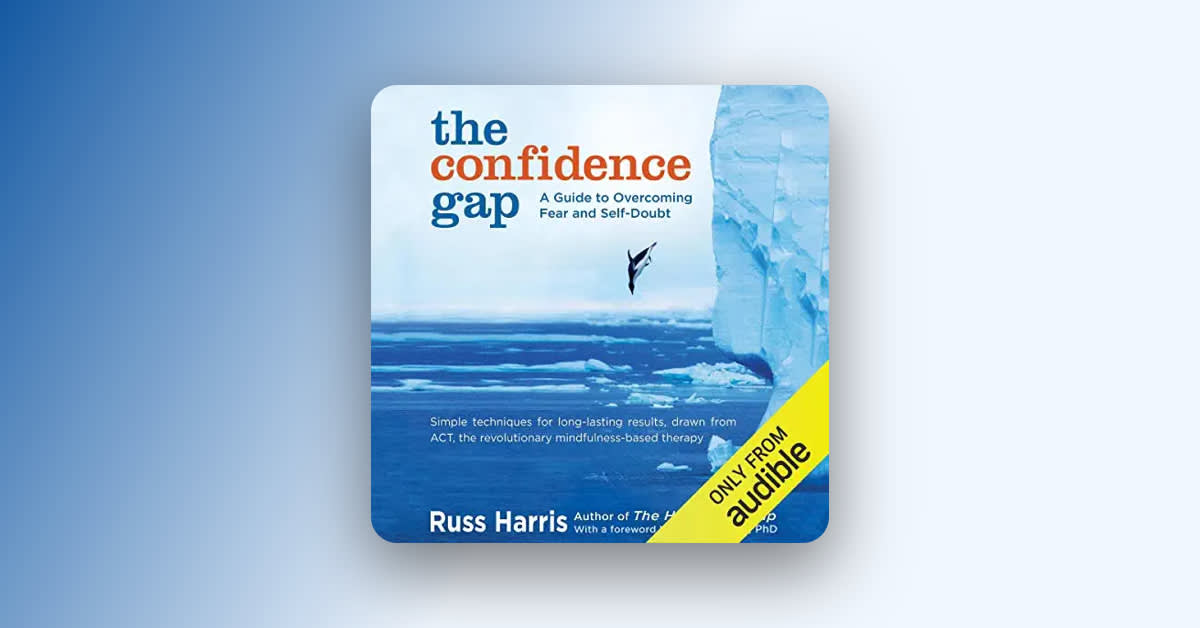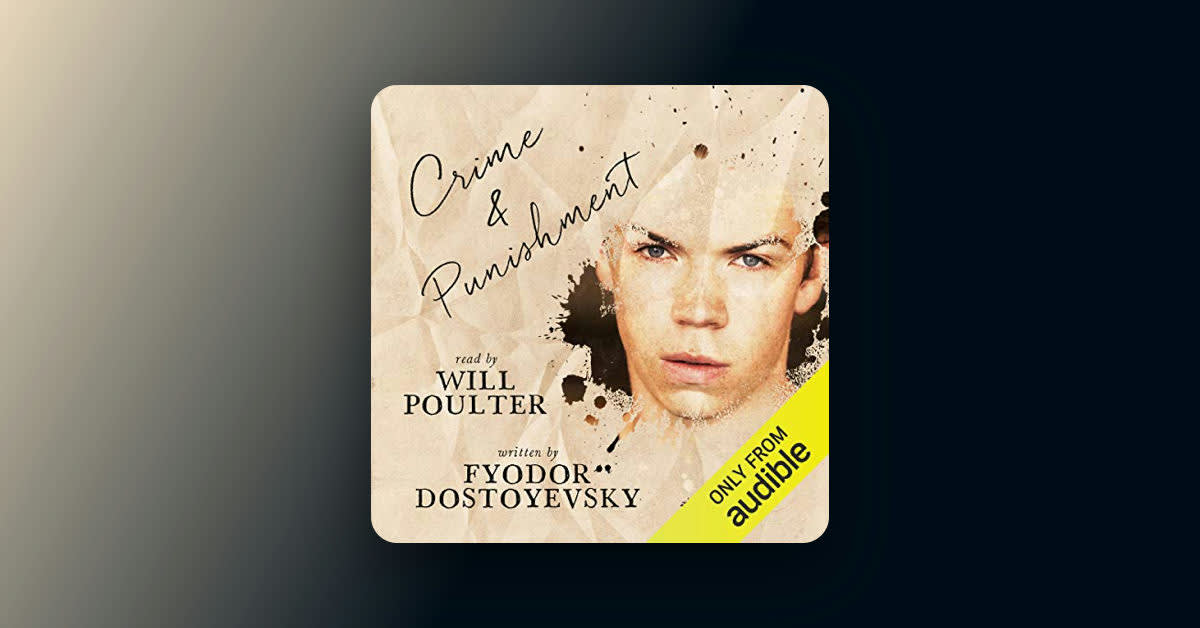Why it's essential
Kushner’s incomparable Pulitzer-winning play examines the AIDS crisis in Reagan-era America through a fantastical lens.
What is Angels in America about?
An enduring and critical piece of American theatre, Tony Kushner’s paints a transcendent portrait of New York City at the peak of the AIDS epidemic. The play explores a wide range of national themes while delivering electric scenes of suspense at the hands of apocalyptic angels and haunting harbingers of death.
Editor's review
Specializing in curation, editor Haley is obsessed with memoirs, music, and all things macabre, as well as alliterations and making lists of her favorite listens.
When the final night of the revival of Tony Kushner’s Angels in America closed in New York City, I was so disappointed that I had let the opportunity to attend a live performance of the epic production slip through my fingers. Lucky for me, this electric recording is a transcendent listen that gorgeously memorializes all the magic harnessed by the National Theatre’s star-studded cast.
I mean, Andrew Garfield, Nathan Lane, and Lee Pace sharing a stage together—talk about a dream come true! Plus, this recording pairs their performances with flawless narration by Bobby Cannavale and Edie Falco, creating a truly unforgettable audio experience. That being said, it is not only their tremendous talents that make Angels in America such an essential listen, but the script’s larger-than-life characters themselves who make the play an enduring and critical piece of American literature.
Some of Kushner’s characters are fictional, while others are fictionalized representations of real historic figures, such as Roy Cohn, the pugnacious persecutor (played by Nathan Lane), and the ghost of Ethel Rosenberg, whom Cohn infamously sentenced to the electric chair after accusing her of being a Communist spy. Together, they all resurrect a fantastical yet truly haunting portrait of New York City at the peak of the AIDS epidemic.
The setting is Ronald Reagan’s second presidential term, and “nobody is safe in the land of the free,” especially not those infected with HIV. Those dying of AIDS include Prior Walter, an openly gay man (played by Andrew Garfield), and Roy Cohn. In one of the play’s most memorable moments, Cohn hammers home the fact that despite sleeping with men, he is anything a homosexual because of the power he holds over others—a telling insight into how being gay was regarded at the time, especially by conservative politicians. Other characters include Louis, Prior’s partner, who, in an attempt to cope with the grim prognosis, abandons his lover for Joe Pitt, a closeted gay Mormon man. Harper Pitt, Joe’s wife, adds fascinating perspective with her spiraling addiction to pills, which lends to the play’s surreal, foreboding nature, evoked throughout by its divine interventions delivered from apocalyptic angels and other haunting harbingers of death.As the characters’ paths intersect in the typical uncanny ways that New Yorkers’ lives often do, explores a fascinating range of topics, covering everything from Mormonism to McCarthyism, liberalism to persecution, global warming to race. Ultimately, there is no denying that “only in America” could Tony Kushner’s masterpiece unfold with the exacting, exhilarating cadence that it carries throughout. Personally, if I had the power to rename the extended title of this work, I would call a “Gay Fantasia on National Themes,” as I find the script resonates with the modern day just as profoundly every time I revisit it. It is truly one of my greatest pleasures to be able to plug in my headphones and feel Kushner’s living, breathing characters walking beside me whenever I pass by the Bethesda Fountain in Central Park.







